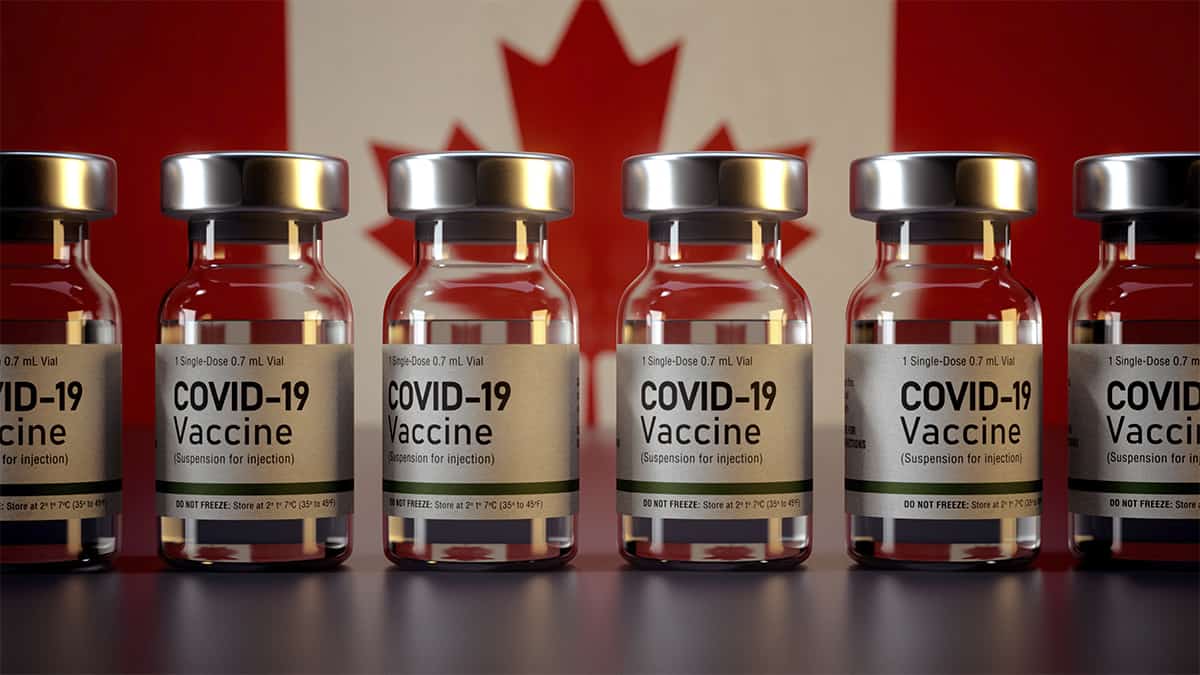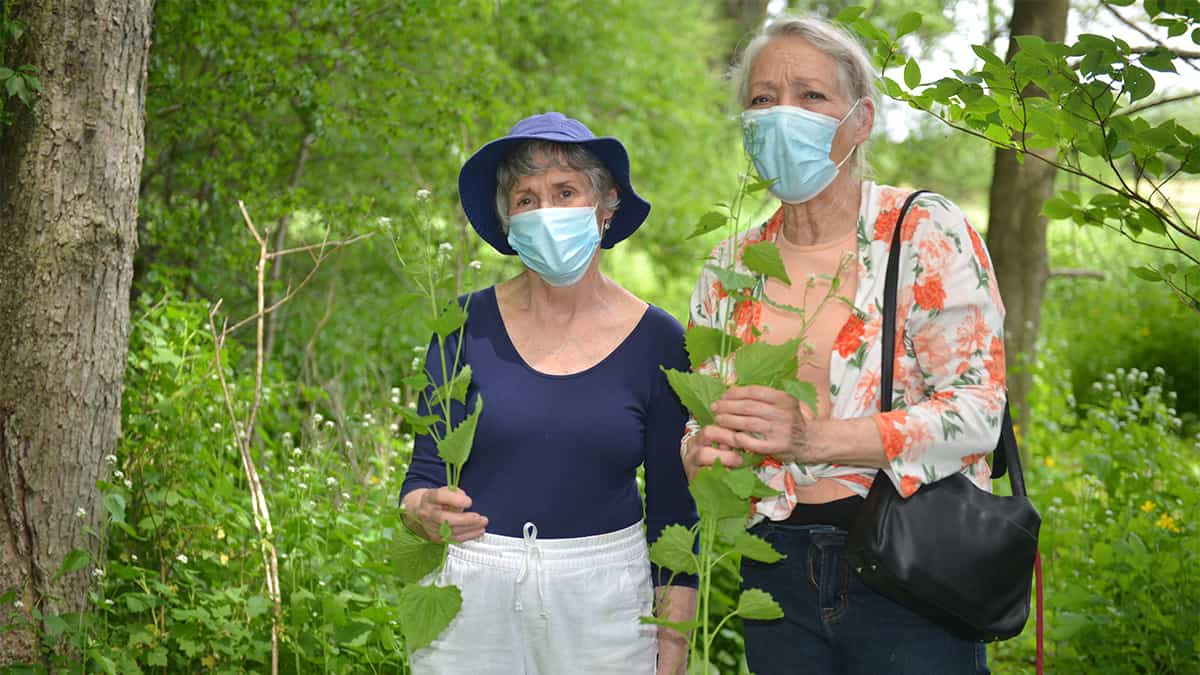Progress continues in Waterloo Region as more vaccines are getting into more arms as we approach summer. There have been 283,000 doses of vaccine administered region-wide, and more than 18,000 residents are now fully immunized.
The discussion at last Friday’s pandemic update turned to vaccine hesitancy, specifically the issue of preferred brands.
During this week’s COVID-19 community update, the discussion focused on vaccine hesitancy, but this time it’s between brand names.
Kelly Grindrod, associate professor at the University of Waterloo School of pharmacy, weighed in on the supply battle between Pfizer BioNTech and Moderna-both mRNA-based vaccines.
“We think of them almost like Coke and Pepsi, where you can’t quite tell the difference between the flavours. People might say they have a preference, but do they really? And so, it’s really the same idea with Pfizer and Moderna: they are like twins, they are very much the same. Same effectiveness, same efficacy, same benefits. The real differences between them are that with Moderna, it’s easier to use and transport. So, a lot of family doctors have been sent Moderna because Moderna doesn’t [require] super cold temperatures – it’s a little bit more robust.”
According to Grindrod, many people coming in for their appointments have turned away once they found out Moderna would be the vaccine they would be receiving.
Connie Macdonald from the region’s vaccine distribution task force also addressed those concerns.
“All of our clinics administer either the Pfizer or Moderna vaccine, both are mRNA vaccines and neither is better than the other,” she said, adding that storing and preparation steps are the main distinguishing factors between the two.
The other vaccine on the table, the Oxford-AstraZeneca vaccine, was also the subject of discussion at public health update, with a plan in mind following approval of second doses here in the province.
“There is a plan now for the AstraZeneca doses that we have. There was a real worry that they were going to expire if we didn’t do something with them, so the plan that was made was to send them to the regions that started getting AstraZeneca first. The reason for that is that AstraZeneca, the evidence shows us, works better if the second dose is a bit later. You get more benefit from a second AstraZeneca dose at 12 weeks than you do at four weeks,” Grindrod explained.
“One of the concerns with the supply here in town is if we give the second doses to people because we’re not giving first doses anymore. We don’t want that window to be too small. And actually, people lose that additional benefit. But what the province said was, let’s go find the regions that had at least 10 weeks that they could be giving those doses,” she said, pointing to areas such as Windsor, Toronto and Kingston.









